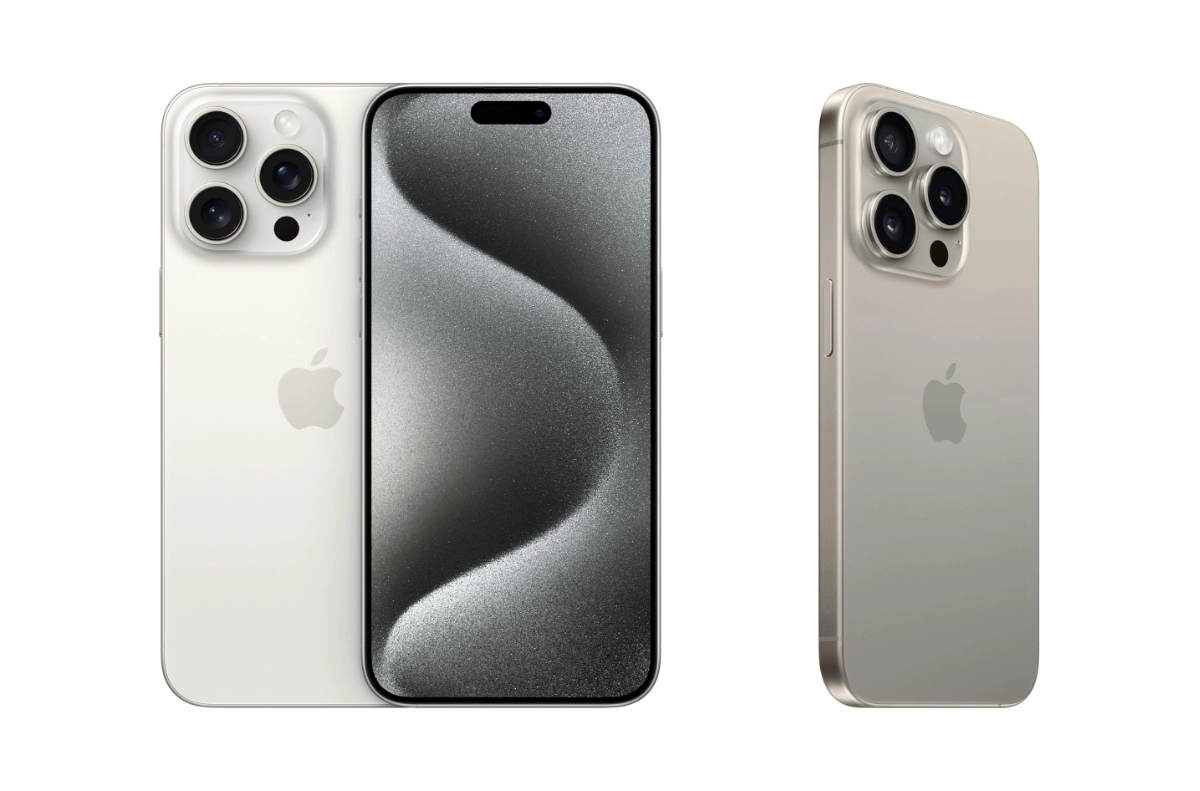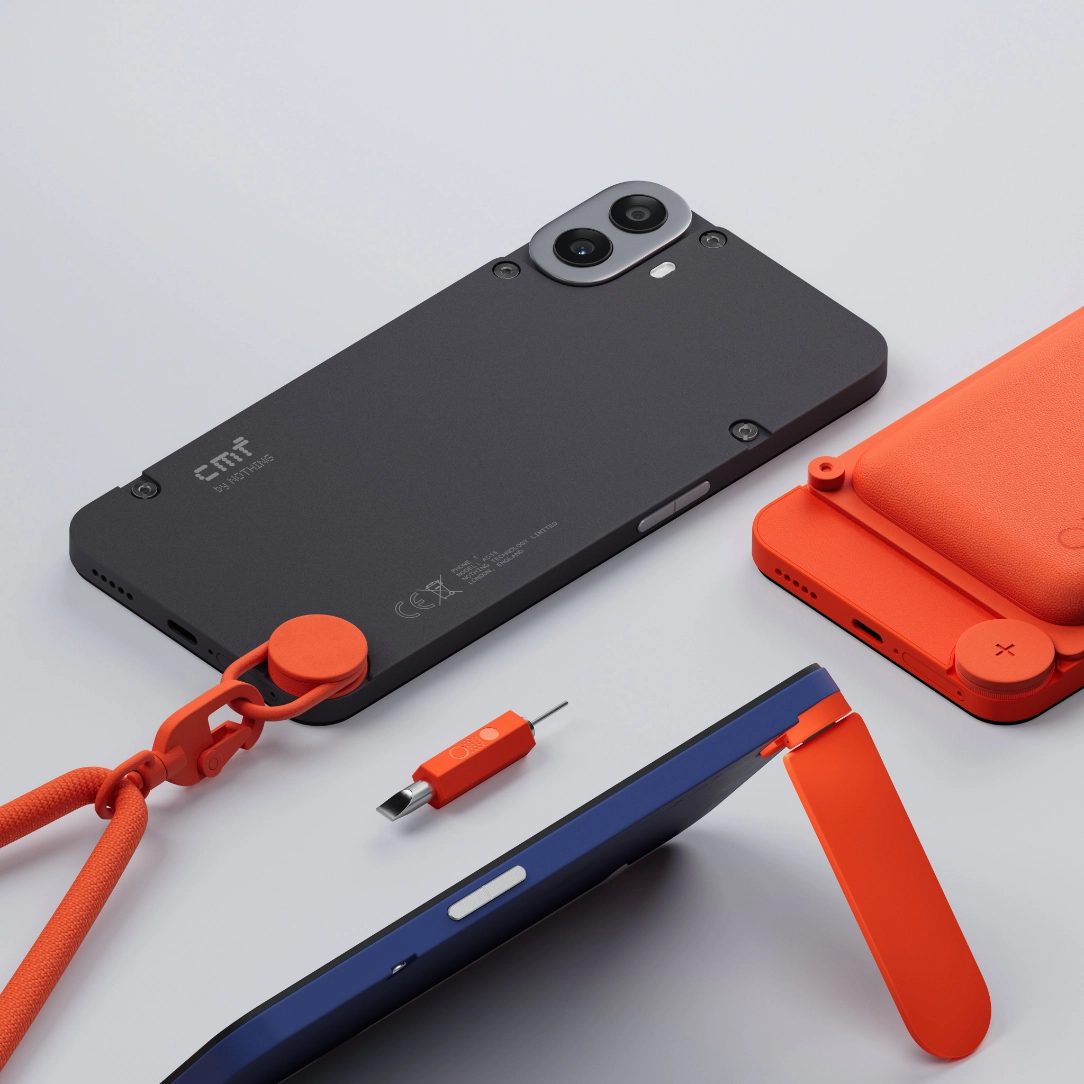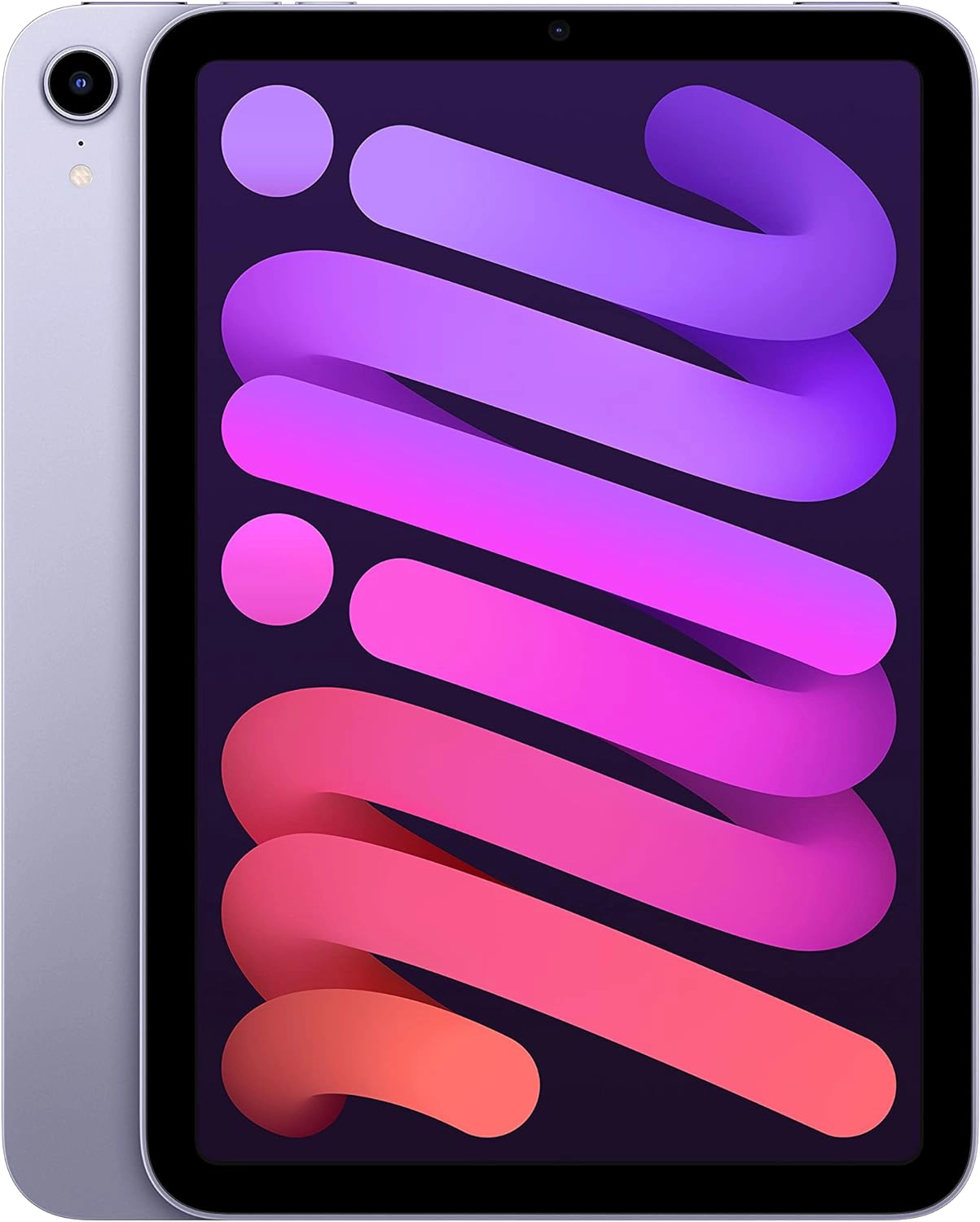Apple’s recent announcement of the iPhone 15 Pro brought with it an array of new features, but one particular aspect caught the eye of both enthusiasts and skeptics alike: Apple Intelligence. Apple claims this powerful feature requires the hardware capabilities of the iPhone 15 Pro, leaving many questioning the necessity of this requirement. What’s behind Apple’s justification, and does it hold water?
Enhanced Hardware Synergies
Apple Intelligence is touted to leverage machine learning and AI capabilities that supposedly demand the cutting-edge A17 Bionic chip found in the iPhone 15 Pro. This new processor is said to dramatically improve performance and streamline the AI-driven functionalities through enhanced computational power and efficiency.
According to Apple, the A17 Bionic chip delivers unparalleled neural processing abilities that are crucial for real-time voice recognition, image processing, and personalized user experiences. In simpler terms, Apple argues that the advanced tasks managed by Apple Intelligence are computationally intensive, and older hardware simply can’t keep up.
Exclusivity as a Marketing Strategy
From a marketing standpoint, exclusivity has always been a core strategy for Apple. Limiting high-end features to their latest flagship device creates a powerful incentive for consumers to upgrade. It fuels the perception of innovation and positions the newest iPhone as a must-have for tech aficionados who want the best that Apple can offer.
By tying Apple Intelligence exclusively to the iPhone 15 Pro, Apple effectively distinguishes its premium model from the standard ones, encouraging consumers to opt for the more expensive option. This strategy isn’t new and has been commonly deployed in Apple’s previous product launches, creating a tiered ecosystem that segments users into different levels of technological access.
The Power of Consumer Trust
Another underlying advantage for Apple is consumer trust. Fans of the brand are generally willing to give Apple the benefit of the doubt when it comes to new features and hardware requirements. Despite initial skepticism, history has shown that most consumers eventually accept these justifications and move forward with the purchase.
Tech enthusiasts and Apple loyalists have often appreciated the seamless integration between hardware and software that Apple provides. As long as Apple continues to deliver on its promises, users may not mind the added expense and are likely to trust the company’s inclination towards these hardware pre-requisites.
Critical Backlash: Is it Justified?
Nevertheless, this move has not been without its critics. Some argue that Apple is intentionally excluding capable, older devices to drive up sales of the iPhone 15 Pro. While there is some merit to these claims, it’s also essential to understand that technology often outgrows its predecessors, and companies must keep pushing the envelope if they are to introduce genuinely novel features.
However, it’s hard to ignore the potential that this requirement may simply be a strategic maneuver to justify premium pricing, as Apple Intelligence might technically function on older models, albeit not as efficiently. Critics are calling for more transparency in how computational requirements are determined and what specific tasks necessitate the iPhone 15 Pro’s new hardware.
Conclusion
While Apple’s explanation might seem suspicious to some, it aligns with the company’s long-standing strategy of promoting new hardware as essential for cutting-edge software features. Whether this approach will resonate positively with consumers or backfire remains to be seen. Apple’s ability to balance innovation with the perceived necessity of constant upgrades will be crucial in shaping public opinion and sustaining its market dominance.
Do you think Apple’s justification for making Apple Intelligence exclusive to the iPhone 15 Pro is reasonable? Share your thoughts in the comments below!
___
For more insights on the latest in marketing strategies and tech trends, visit our blog regularly. Stay ahead of the curve with our expert opinions and up-to-date content.
*Note: This post includes informed speculation and analysis, and the referenced features and hardware requirements are based on current industry trends and official announcements.*





